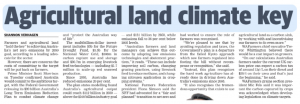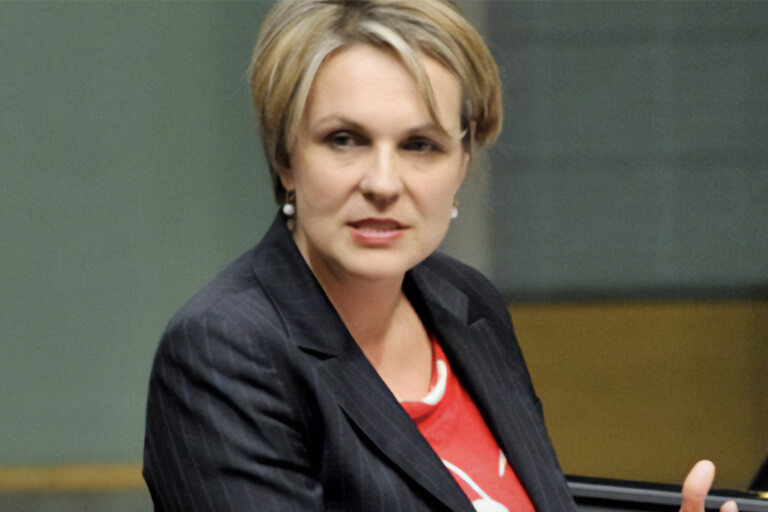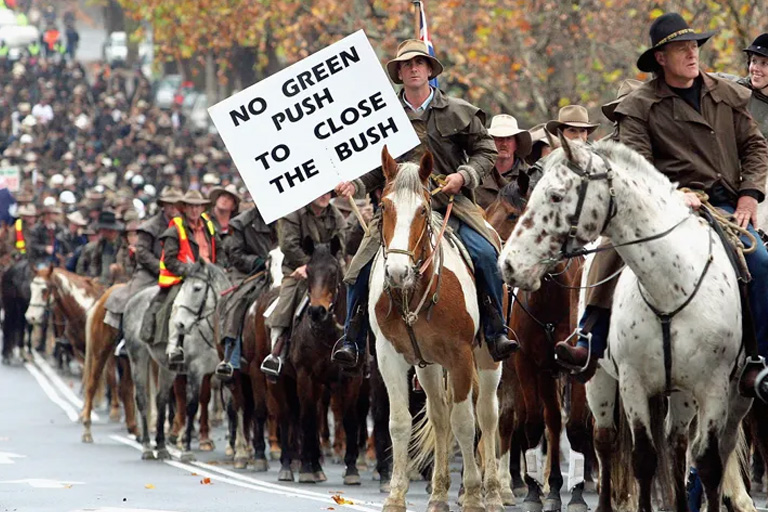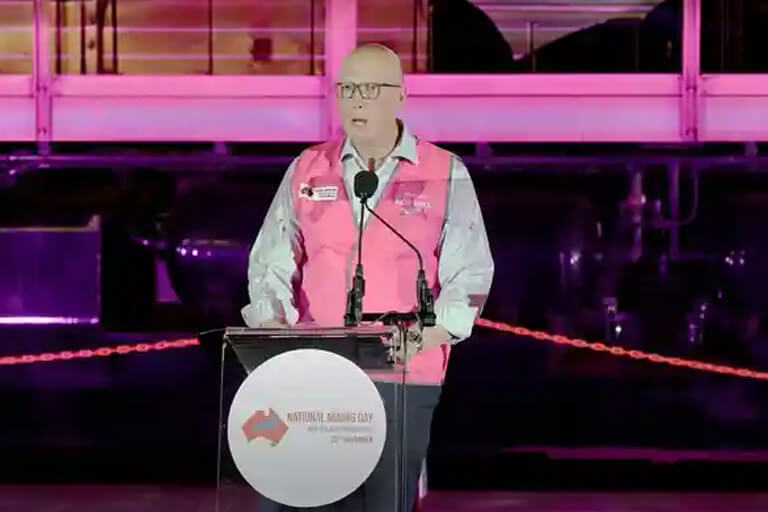Article by Shannon Verhagen courtesy of Countryman.
Farmers and agricultural land “hold the key” to achieving Australia’s net zero emissions by 2050 goal, according to a leading advocate for the sector. However, there are concerns the costs of committing to the target will be put back on farmers.
Prime MinisterScott Morrison on Tuesday confirmed Australia would commit to the ambitious target , with the Federal Government releasing its $20 billion Australia’s Long Term Emissions Reduction Plan to combat climate change and “protect the Australian way of life”.
The multibillion-dollar investment includes $5b for the Future Drought Fund, $3.5b for the National Water Grid, $300m in carbon capture use and storage and $30.7m in emerging livestock feed technologies — including $1.7 million to scale-up red seaweed production.
Since 2005, Australia has reduced emissions 20 per cent. The plan states modelling found Australia’s agricultural output could reach $112 billion in 2030 — above the $100 billion industry goal — and $131 billion by 2050, while emissions fall to 36 per cent below 2005 levels. “Australian farmers and land managers can achieve this outcome by adopting low emissions technologies and abatement practices ,” it reads.
“These can include improving soil carbon, changing grazing practices, using livestock feed to reduce methane, and changing nitrogen application in cropping systems.” National Farmers Federation president Fiona Simson said the NFF had advocated for a “fair and planned” transition to net zero and had worked to ensure the role of farmers was recognised.
“We’re pleased to see that by avoiding regulation and taxes, the Government’s plan is a departure from the failed Kyoto approach which saw farmers regulated into footing the bill without recompense or recognition,” she said.
“Instead, this plan recognises the hard work agriculture has already done in driving down Australia’s emissions since 2005. “It also recognises the tremendous opportunity that exists to use agricultural land as a carbon sink, by working with and incentivising our farmers to do even more.”
WAFarmers chief executive Trevor Whittington believed there would be a cost impact on growers. “On our calculations Australian farmers under the current UK carbon price can expect a carbon tax of around 13¢/L on their diesel and $50/t on their urea and that’s just the beginning,” he said.
WAFarmers grains section president Mic Fels said it was important the carbon captured by crops was acknowledged when developing legislation on climate targets.







